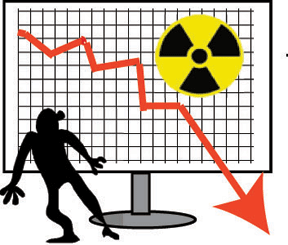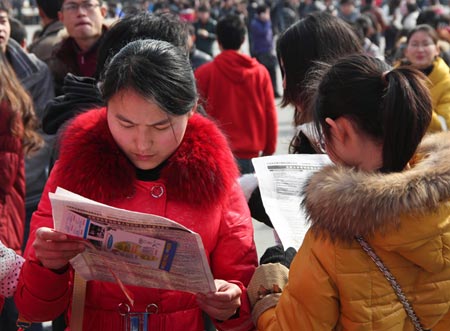Players in Turkey report that trading activities for PET resin slowed down heading to the Eid Holiday, which will be celebrated at the end of October, as per the pricing service of ChemOrbis.

The calm market scene, combined with comfortable supplies, softened PET prices. The fading high season for some applications has led to unsupportive demand, which overshadowed firmer feedstock costs for this resin. Nonetheless, players point to the possibility that tariff quotas may be completed soon, which could attract buyers to the local market and strengthen prices of locally held materials.
In Asia, feedstock costs including PX, PTA and MEG added to their gains over the week despite fluctuating global energy markets for the last couple of weeks. In a weekly comparison, spot PX prices soared $55/ton on FOB South Korea basis, while both PTA and MEG offers increased by $30/ton on CFR China basis. These values were up $75/ton for PX, while they represented $20/ton increases for PTA and MEG from the beginning of October. Looking at the European market, spot PX prices were unchanged on FOB NWE basis on the week, but they stood $20/ton above the levels reported early this month.
Most bottle manufacturers in Turkey say they are not planning to make fresh purchases for now as they are holding sufficient inventories amidst weak end product demand. “Some sellers are offering below the $1600/ton threshold mainly due to comfortable supply levels and thin demand,” a converter said. Over the past week, locally-held PET prices saw a $20/ton discount on the low end compared to the first week of October.
Nonetheless, a PET jar maker reported seeing good demand as it is the high season for their end products. “After making some purchases last week, we are planning to make additional purchases this week. We worry that as buyers fulfill their import quotas, that more may turn to the local market, which could cause local prices to move higher,” the buyer said.
The Turkish government had granted up to 75,000 tons of imports which would be exempt from the new, additional import tariffs imposed on PET imports this year. Quotas were distributed individually to companies in the country. Considering that PET bottle imports reached a figure of 122,822 tons as of August, many believe that the exempted quota amounts are finished or will be finishing soon, which could cause more purchases to be made from the local market.
On the sellers’ side, a distributor cut his local PET prices by $10-20/ton given his sufficient stocks and restricted demand saying he doesn’t plan to import material for now. “Although feedstock costs are rising, especially for PX, downstream markets are not performing well. Demand from the textile sector failed to pick up in contrast to earlier expectations and weak end product markets will affect the PET market,” he commented. “On the other hand, if crude oil prices rebound to push feedstock costs further up, buyers may have to pay current prices or reduce their operating rates. In brief, the market outlook is vague,” he continued.
Another distributor thinks that October is a dead month in terms of trading. “Overall demand is likely to slow further down in line with the approaching Eid holiday and in November, but low end local prices should disappear when sellers’ aggressive sales strategies end,” he commented. Overall stagnant activity caused domestic producers to offer steady prices despite rising production costs. “October is likely to end on a soft note but local prices should have been higher considering the localization costs of imports and higher production costs,” a local producer told ChemOrbis.
Another producer said, “Although we maintained our prices, we may give $20-30/ton discounts for our regular customers as we are entering a dead season. Production costs are still high but demand is not supportive. On the other hand, if buyers use up their exempted quota amounts, then more buyers may prefer the local market in the next few months,” the producer remarked.






